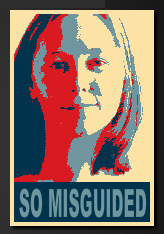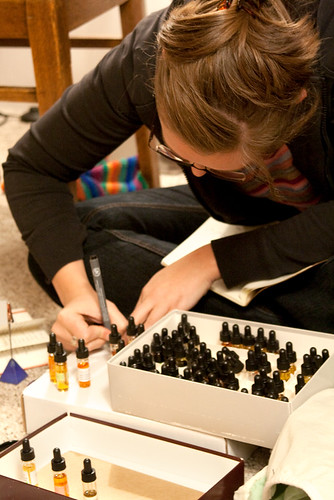From Peter Morgan * Morgan:News:
Did you ever wonder how a political party can get 40% of the vote but receive 60% of the seats, and get 100% of the power? It happens in every single election, provincial and federal.
Every election people are telling me to “vote strategically” so I won’t be “wasting my vote.” Sound familiar?
The voting system we use in B.C. only elects whoever gets the most votes in a riding, a system with the nickname of “First past the post.” Most democratic countries use systems that count every vote and give voters more choice.
Remember STV? In 2005, the B.C. Citizens’ Assembly on Electoral Reform recommended that British Columbians adopt a fairer election system known as the Single Transferable Vote (BC-STV).
One of the main benefits of BC-STV is that politicians are able to work together to help their own communities. The political parties don’t get to play war in the legislature. By playing war, they get media attention, which they need if they’re going to continue running elections their way.
Four years ago, 58% of B.C. voters said ‘yes’ to a referendum asking for a change to STV, two points short of the required 60% for approval.
On May 12, when the next BC provincial election is scheduled, voters will a second chance to choose BC-STV in a referendum. You haven’t heard much about it yet, but once the election gets underway, there’ll be some information about it.
If you want to refresh your memory, there is a four-minute video that shows you how the system works, and the implications of it, as well as an 11-minute video about who the Citizen’s Assembly was, and why they made their recommendations. You can also keep informed about the debate, see a schedule of up-coming events, you can sign up for updates, to volunteer or even make a small donation, all at the web site of the proposed system:
At the very least, please forward this e-mail on to your contacts who live in BC, and remind them of the referendum question that’ll be on the May 12th ballot.






